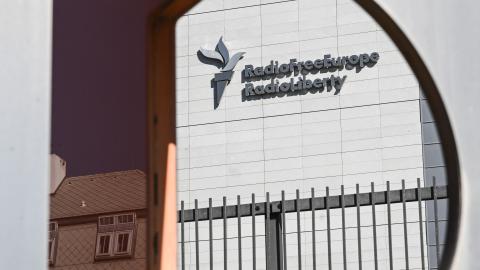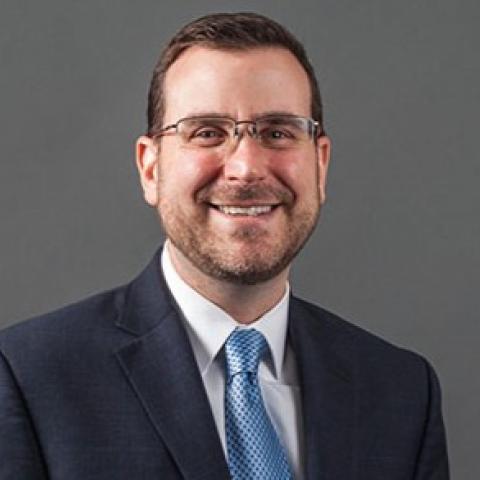More than two dozen members of Congress recently petitioned the Biden administration to upend America’s patent system—a move that could wreck our economy and deprive consumers of life-enhancing new inventions.
Lawmakers didn’t phrase their request in such stark terms, of course. In their letter to the Department of Health and Human Services, they urged Secretary Xavier Becerra to use his “administrative authority” to lower the price of the prostate cancer drug Xtandi.
That “administrative authority,” according to the petitioners, pertains to the “march-in” power in the bipartisan Bayh-Dole Act. This law, which Congress passed in 1980, allows universities to retain patents on inventions that their researchers made with the help of federal funding. Because of Bayh-Dole, universities can license their patents to the private sector for commercialization.
Before Congress passed the law, the government retained full control over discoveries made with the help of public funds. But the government is not interested in commercializing inventions—this is not its job. In the late 1970s, Congress learned that almost 28,000 patents that arose from some form of government-funded research were collecting dust. This included drugs and other health care innovations.
Bayh-Dole has succeeded in spurring commercialization of inventions. It has supported the development of 10,000 startups and more than 200 medicines. Innumerable consumer products have been made possible by the licensing of university innovations propelled by this law—cancer drugs, Google, self-driving cars and even the Honeycrisp apple, among many others.
In rare circumstances when a patented invention is not available in the market at all, the Bayh-Dole Act gives federal officials the power to “march in” and license the patent to a different company that is willing to make and sell the product to consumers.
This march-in power is very limited in the law to narrowly defined situations in which products are not being manufactured and sold to consumers. The march-in power was never meant to allow bureaucrats to tear up licensing agreements simply because they felt that prices of patented products, whether expensive smartphones or drugs, were somehow unfair.
In fact, after two professors cooked up the idea in 2001 that the march-in power could be used to impose price controls on drugs, Sens. Birch Bayh and Bob Dole responded that their 1980 law “did not intend that the government set prices on resulting products.”
That’s exactly what lawmakers ask the Department of Health and Human Services to do. They urge Becerra to grant licenses to generic drug companies specifically to sell drugs at prices below those of the drug innovator.
If lawmakers succeed, it will destroy companies’ incentive to license new inventions patented by university researchers. Drug development costs billions of dollars, including the cost of regulatory testing, manufacturing and distribution. Price controls would throw a monkey wrench into the commercialization of US patents—and undermine innovators’ property rights secured under the Constitution.
This would be disastrous for America’s biotech sector, for patients, and for the US innovation economy generally.
This isn’t hyperbole—the federal government tried price controls before outside of the Bayh-Dole Act. It didn’t end well. In 1989, the National Institutes of Health imposed a “reasonable pricing” rule for all licensing agreements on patented inventions that arose from any NIH-funded research. Soon afterward, private-sector investment crashed, and NIH Director Harold Varmus ditched the price-control policy.
The NIH learned from this experience. Across bipartisan administrations since 1989, the NIH has rejected between 10-20 petitions urging it to use march-in power to impose price controls on drugs.
If the Biden administration wants to do right by patients, it’ll reject once again renewed calls to misuse the Bayh-Dole Act.















